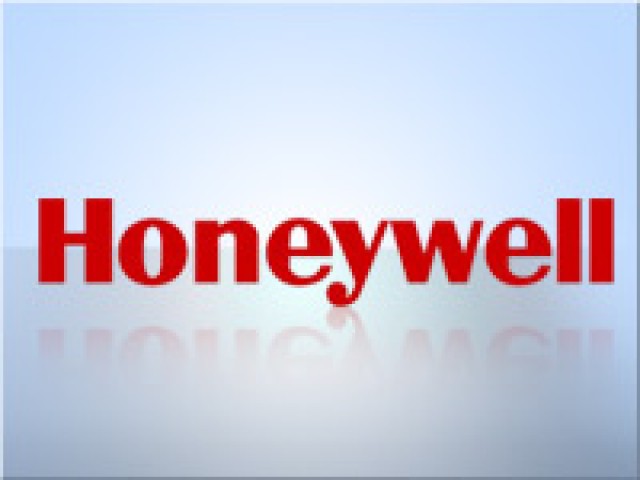
Honeywell International Inc.'s aerospace business will complete a study by the end of July to plan an expansion in the $45 billion market for aircraft mechanical parts, said Tim Mahoney, the unit's CEO.
Honeywell, which last year had $1 billion of sales from mechanical components, such as pumps, heat exchangers, actuators and valves, will introduce products to win customers as development on new aircraft slows, Mahoney said in an interview at Honeywell Aerospace's headquarters in Phoenix.
After completing the study, Morris Township, N.J.-based Honeywell may seek acquisitions and will likely look at products and components where its technology can set it apart from competitors, Mahoney said.
"We've revitalized our focus in an area that we hadn't focused on for some period of time," he said. "I have an appetite for investing in this area because it does have a growth projection that's very favorable and it has a very nice return on investment."
Mahoney declined to provide a specific growth projection.
Aerospace sales at Honeywell have increased on contracts to supply equipment and software on new planes, such as Boeing Co.'s 737 Max and Airbus SAS's A350, as well as software-based technology to detect bad weather and use more efficient landing patterns. The number of new commercial planes under development will likely decline after Boeing developed two wide-body passenger jets this decade and is refreshing its best-selling single-aisle jet, which is scheduled to enter service in 2017.
Chicago-based Boeing will upgrade its popular twin-engine 777 jet, which will be introduced by the end of this year. Airbus is also building a new version of its single-aisle A320 aircraft and flew a new composite-plastic twin-aisle jet for the first time in June. By THOMAS BLACK Bloomberg News
Honeywell in the past two years won $2.7 billion of new contracts over multiple years for mechanical components and renewals of $1.3 billion. Mahoney declined to provide a goal for increasing mechanical component sales. The aerospace unit last year had sales of $12 billion, which equaled 32 percent of the company's $37.7 billion total.
"If it's a me-too, it's probably not something we're going to invest in heavily or get all lathered up about," he said. "If we're able to get the same type of growth and return that we've made in the last two years, it's going to be an area of significant investment."
By THOMAS BLACK Bloomberg News
Back to other news













